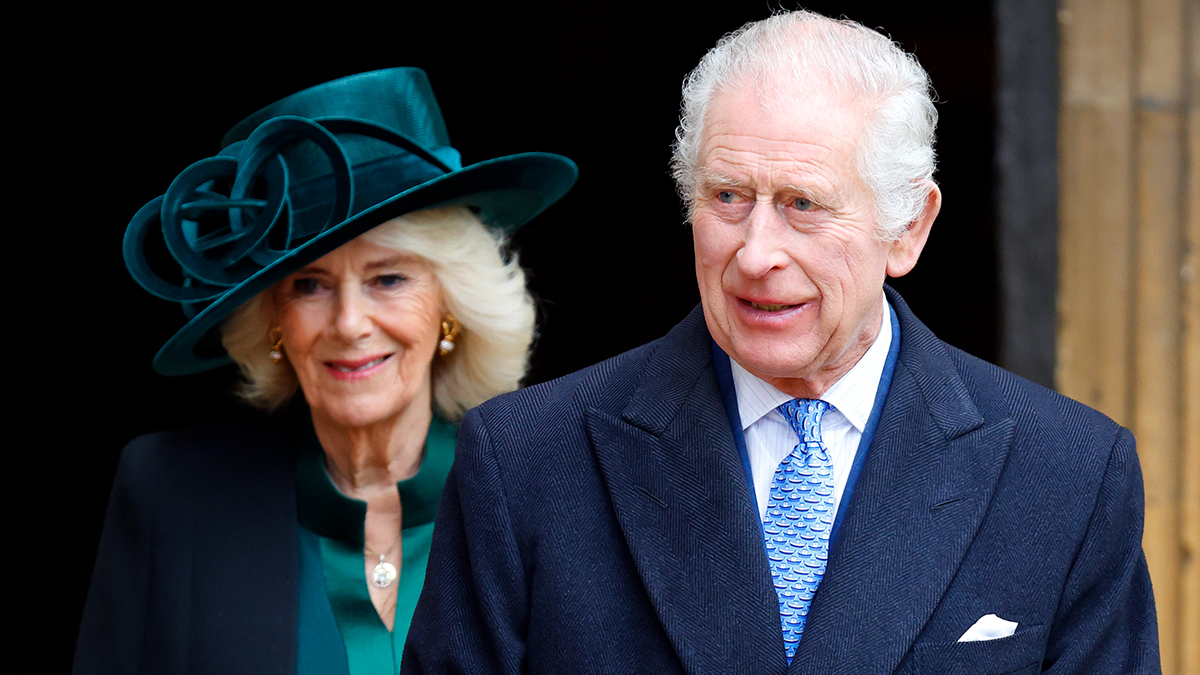The continued turmoil in the financial markets could spark a wave of mergers among banks and remaining brokerage firms in the coming weeks, even as the federal government unveils a plan to make direct investments in banks to further bolster the financial health of the financial sector, according to Wall Street executives interviewed by CNBC.
The problem for the banking sector is that even as the stock markets fall to new lows, the all- important credit markets, where companies both large and small borrow billions of dollars a day to fund their operations, is locked and showing little signs of life because of bad real estate related debt and risky mortgages on the books of major banks and brokerage firms.
Congress recently passed a plan to spend $700 billion to buy these soured assets directly from the bank, and now has unveiled a plan to recapitalize struggling banks to unlock the credit markets and allow borrowing to begin. But the markets have yet to respond favorably to the governments efforts, causing senior executives at the major banks to weigh further consolidation of the banking sector.
Since the credit crunch began in early 2007, Bear Stearns, facing likely bankruptcy, sold itself to JP Morgan (NYSE: jpm) for $10 a share with the federal government agreeing to cover some of JP Morgan's losses on the soured real estate debt it inherited from Bear. Lehman Brothers (OTC: lehmq) without government help was forced to file for bankruptcy and its investment banking operations is now owned by Barclays. Goldman Sachs (NYSE: gs) recently recast itself as a bank, and received a capital infusion from billionaire investor Warren Buffett.
Another of these struggling banks, Morgan Stanley (NYSE: ms) also recast itself as a bank, giving it direct access to funding from the government and recently announced a deal in which Mitsubishi UFJ Financial of Japan would invest $9 billion into the firm, holding a 21% stake in one of the most venerable names in American finance that traces its roots to the House of Morgan. But the recent market turmoil has decimated shares of Morgan, and its market value has fallen to around $10 billion. People inside Morgan expect Mitsubishi to recast the deal since US banking laws prohibit a foreign bank from holding a majority stake in a US bank.
Also, people inside Morgan say the government might take a direct stake in the firm to further bolster its balance sheet.
On Saturday, a spokeswoman for Morgan said the firm has had no conversations with the government about an investment and there are no talks with Mitsubishi about changing the terms of the deal. She did not return telephone calls on Sunday to determine if the status of either issue had changed.
U.S. & World
The day's top national and international news.
Meanwhile, many of the major financial firms from Morgan and Goldman to Citigroup (NYSE: c), Credit Suisse (NYSE: cs), UBS (NYSE: ubs) and JP Morgan are closely weighing their futures.
A senior Wall Street executive with knowledge of each of the firms' thinking told CNBC that senior executives at these firms all concede that there could be a wave of mergers in the coming weeks among these firms as a way to bolster their balance sheets if the government's efforts to bolster the banking sector don't begin to unlock the credit markets.
"This will be a big week," said the executive, who spoke on the condition of anonymity. "From what I hear all these guys are talking because the credit markets aren't getting better."
At one of the most financially stable banks, JP Morgan, officials there are bracing for the government to ask if it will do what it had done with Bear: step in and buy one of the other remaining ailing institutions - possibly Morgan Stanley - in a move that would reunite the old House of Morgan. (The Depression-era banking law Glass-Steagall forced JP Morgan to separate its commercial and investment banking operations. That law has since been revoked.) But officials at JP Morgan are loathe to take over and integrate another financial house.
The bad debt on Bear's balance sheet, these people say, was even worse that the firm thought, causing JP Morgan to write down more losses than originally planned.
In addition, the Bear integration caused massive layoffs because both sides had similar operations.
If JP Morgan took over Morgan Stanley -- one of the world's premier investment banks -- it would still have to slash staff to make the merger work.
"It would be a bloodbath," said one JP Morgan executive.
A JP Morgan spokeswoman had no comment. For more stories from CNBC, go to cnbc.com.



